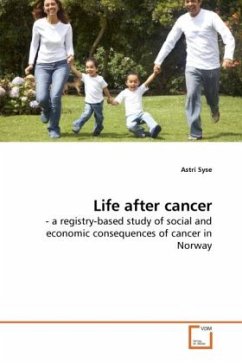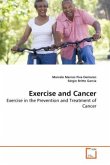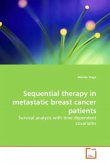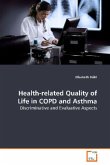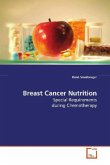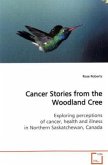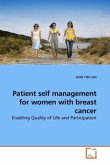One of three will acquire cancer during their lifetime. Improved prognosis has led to an increased focus on persons life after cancer. Fertility, marriage, divorce, and employment rates among Norwegian cancer survivors are compared to the remaining, cancer-free population. This the largest study to date on sociodemographic outcomes in a complete population of cancer survivors, utilizing high quality registry data. Fertility rates are reduced by only 25% after cancer. Marriage and divorce rates appear relatively unaffected by cancer occurrence overall. Brain and breast cancer are, however, associated with lower marriage rates, while cervical and recent testicular cancer are associated with increased divorce rates. Employment rates are reduced by 30-40% after cancer, whereas declines in earnings are only around 12%. Norwegian cancer survivors achieve key life goals to almost the same degree as the cancer-free population, perhaps due to our public health care and welfare systems. The results are more optimistic than what smaller, in- depth studies nationally and internationally have suggested, and underscore the importance of unselected registry-based research.
Bitte wählen Sie Ihr Anliegen aus.
Rechnungen
Retourenschein anfordern
Bestellstatus
Storno

